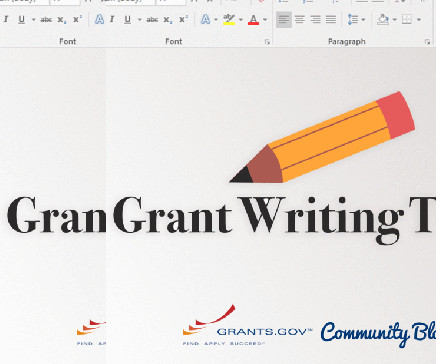HRSA-23-124 Medical Student Education Program
iGrantWriters
JUNE 12, 2023
HRSA has determined that the eligible applicants for this funding opportunity are limited to accredited public colleges of medicine in Mississippi, Alabama, Kentucky, Oklahoma, Utah, Arkansas, Missouri, and Indiana. HRSA has identified the following accredited public colleges of medicine in these eight states in the table below.












Let's personalize your content